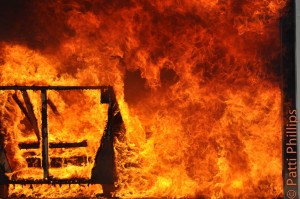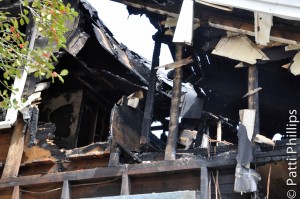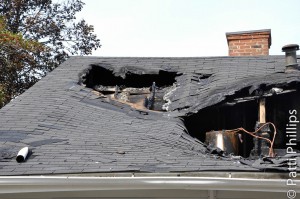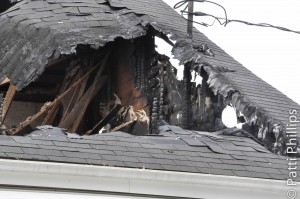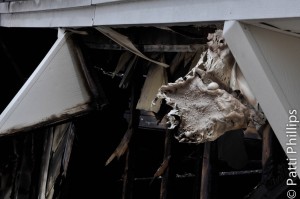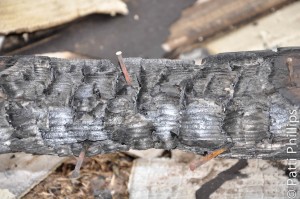KN, p. 106 “Was It Arson?”
My grandfather’s house was lost to a fire.
Ownership of the house and all the acreage had passed outside the family many years before, but I still liked to pass by when we were in town. Seeing it always brought back memories of rocking on the front porch and playing under the pines. It had been a place to spend the summers of my youth, on a large working farm hundreds of miles from the honking horns of the city.
My grandfather built the house with his own hands. He was a pretty good carpenter and the place was solid. Remarkably, he didn’t pay cash for any of the materials. He bartered for everything at a time when money was scarce and that was possible. Watermelons for nails, chickens for paint, smoked pork for the milled lumber. An amazing achievement to be able to say that you built your own two-story house.
And, now it’s gone. Up until a few weeks ago, some of the walls could be seen from the road, but the owners finally decided to tear the building down. I took these shots a few days after the fire, once the Fire Chief had been and gone.
I called and asked about the cause of the fire, but since I had no ownership, nor did any of the family anymore, I was told that it really wasn’t any of my business. True. But, it did seem suspicious to my ever-questioning mind.
A family friend (who traveled that road on a daily basis) told me that she saw the renters moving out on the Thursday before the Saturday fire. The tenants had not been evicted, so were they in on it? I knew that a portion of the larger property (including the house) was up for sale and there had not been any offers. I knew that the entire road had been under development for some time and that most of the property owners on that road were trying to cash in on the mini-boom. The timing was odd. Or, was it just a sad coincidence? Big red flags to a detective’s way of thinking.
I wanted to blame somebody for the loss of a childhood landmark, but the newspaper article announcing the fire stated that no arson was suspected.
I accepted the verdict as I walked around the property and took my photos, but what was the Chief (or the arson investigator) looking for when he made his decision?
Arson investigators get called in whenever insurance fraud is suspected, threats have been made to the people inside the house, or lives are actually lost. They look for the fire’s point of origin and then search for clues to see if explosives or flammable liquids have been used. If evidence of accelerants is found, then the fire is ruled to be arson. The case is generally handed over to the cops, who then search for the culprit(s) involved.
Arson investigators take photos like these, but lots more of them, because they are also recording (with photos) the damage to the interior and the hot spots inside (where the fire reached the greatest intensity).
They will use all the photos if the case ever gets to court, to help explain to the jury where the fire started, where it traveled, and the extent of the damage.
Arson investigators often work with insurance investigators to discover the cause of the fire. Even if the fire is found not to be arson, the fire department needs to come up with a cause, and the investigators can help if the source is not clear right away.
Even accidental fires can cause a tremendous amount of damage, with a fire doubling its size and intensity in a house every minute, fueled by cabinets, curtains, couch fabric, and carpeting. It doesn’t take long to lose everything you own.
The owner has been compensated for his loss, and now the FOR SALE sign stands in an empty field. I still have my memories, but I sure wish the house was still standing, home to another generation of children rocking on the front porch.
KN, p. 106 “Was It Arson?” Read More »

